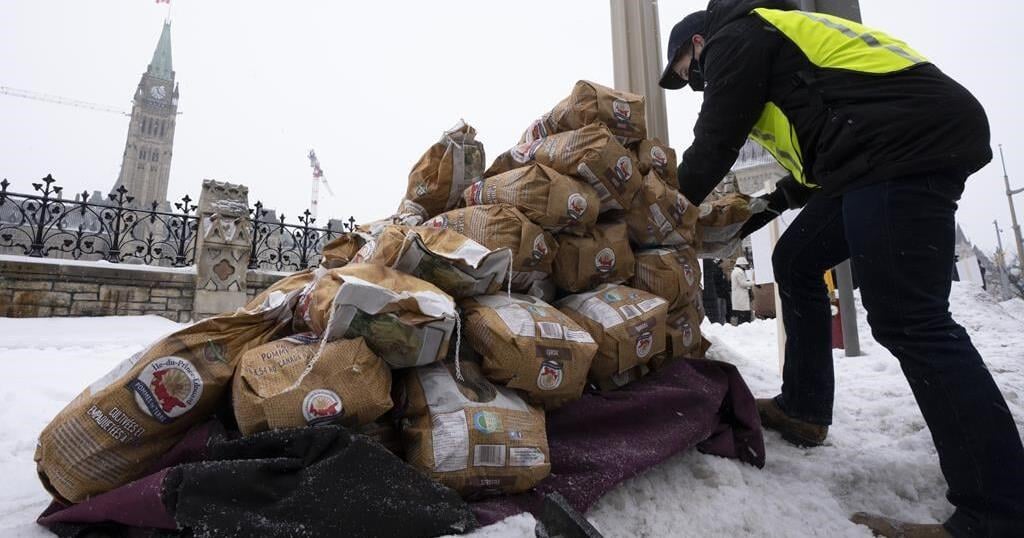OTTAWA – Members of Parliament studying the federal government’s decision to buy a $9-million luxury condo in Manhattan are preparing to recall Canada’s consul general in New York to answer more questions about his involvement in the purchase.
The Conservatives put forward a motion on Tuesday to have Tom Clark return to the House operations committee. The move was supported by other opposition parties after new information emerged that contradicted his previous testimony.
Clark told the committee in September he had no role whatsoever in the purchase of the new condo, or the sale of the previous residence.
But reporting from Politico on Tuesday indicated Clark raised concerns about the old unit two months after he was appointed to his role as Canada’s representative in New York.
Politico cited documents obtained through access-to-information, which were then shared with other media by the Conservative party.
A May 2023 report from Global Affairs Canada indicates Clark informed government officials the residence needed to be replaced.
“The current (consul general in New York, head of mission) expressed concerns regarding the completion of the … kitchen and refurbishment project and indicated the unit was not suitable to be the (consul general’s) accommodations,” the report reads.
“It does not have an ideal floor plan for (consul general in New York) representational activities.”
The final call on whether Clark will face further questions has not been made, however, because the committee adjourned before the motion went to a vote. The committee’s next meeting is next week.
Tuesday’s meeting featured Foreign Affairs Minister Mélanie Joly as a witness, and she faced questions about Clark’s involvement in the purchase.
“This was not a political decision because this was an operational decision,” Joly told the committee in a testy exchange with Conservative MP Michael Barrett.
“(The committee) had numerous people, officials of mine, that came to see you and said that. So, these are the facts.”
Joly later told the committee she only learned of the decision to purchase a new residence through media reports, even though her chief of staff was notified weeks earlier.
“The department informed my chief of staff once the decision was taken. Because, of course, it was not a political decision,” Joly said.
Shortly before Joly was excused, Conservative MP Stephanie Kusie put forward the motion to recall Clark for two more hours to answer more questions.
Bloc MP Julie Vignola proposed instead to have him testify for only one hour — indicating she would support the motion with that change.
“One hour is more than enough to know whether he lied to us,” Vignola told her colleagues in French.
NDP MP Taylor Bachrach also said he would support the move, given the contrast between the new report and Clark’s testimony about whether he spoke to anyone about a desire to move into a new residence.
“What really irks me is the consul general was so clear in response to repeated questioning at committee,” Bachrach said.
“Mr. Clark said, ‘Never.’ One-word answer, ‘Never.’ You can’t get more unequivocal than that.”
The Liberal government has argued that buying the new residence will save Canadians taxpayers millions of dollars and reduce ongoing maintenance costs and property taxes while supporting future program needs for the consul general.
The former official residence is listed for sale at $13 million, but has yet to be sold.
In her remarks Tuesday, Joly told the committee other like-minded countries have paid more for their Manhattan residences than Canada has — including $11 million for the U.K., and France’s $19 million purchase in 2015.
Joly said among the countries that have residences in New York, only Afghanistan and Bangladesh were not located in Manhattan.
This report by The Canadian Press was first published Nov. 5, 2024.























